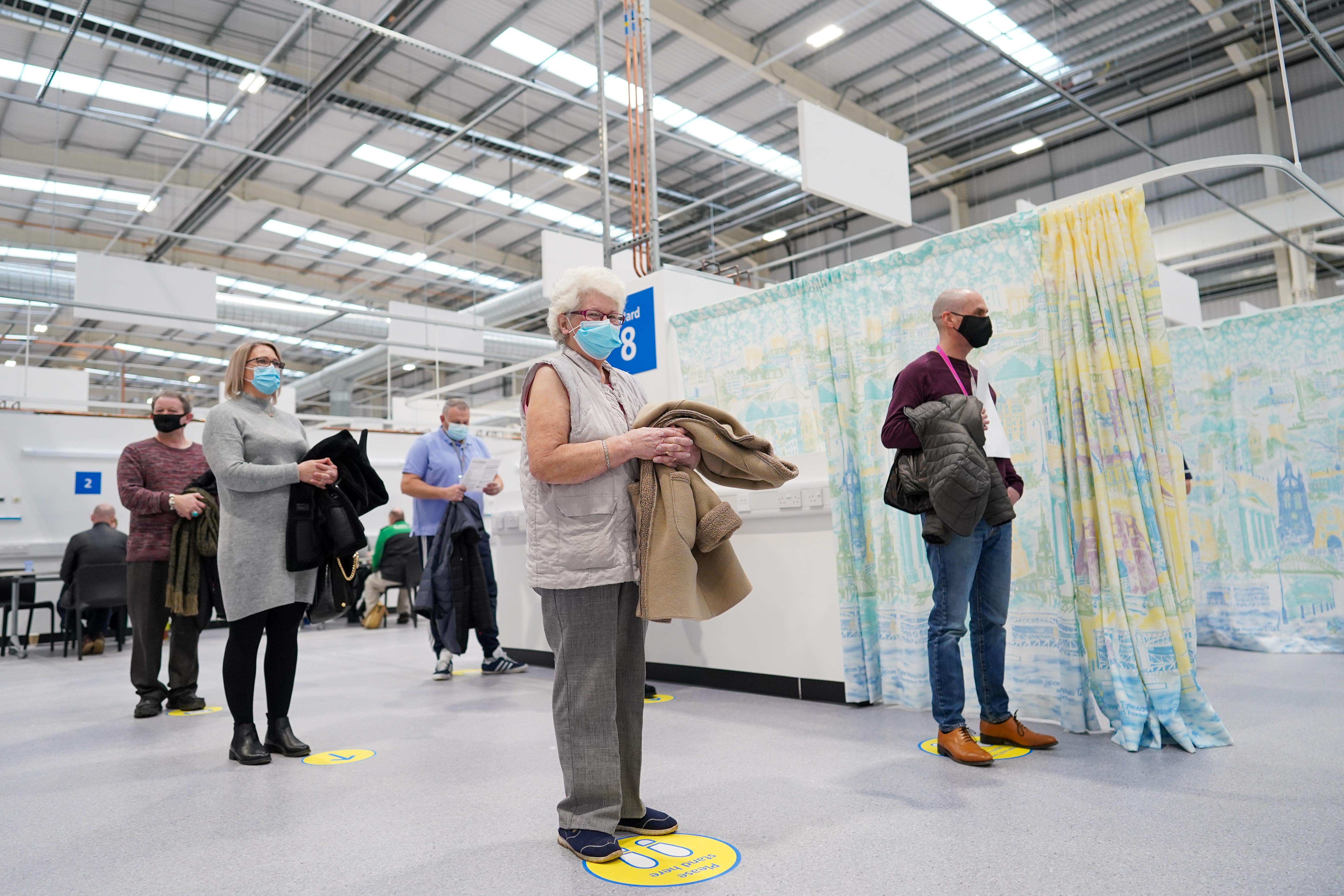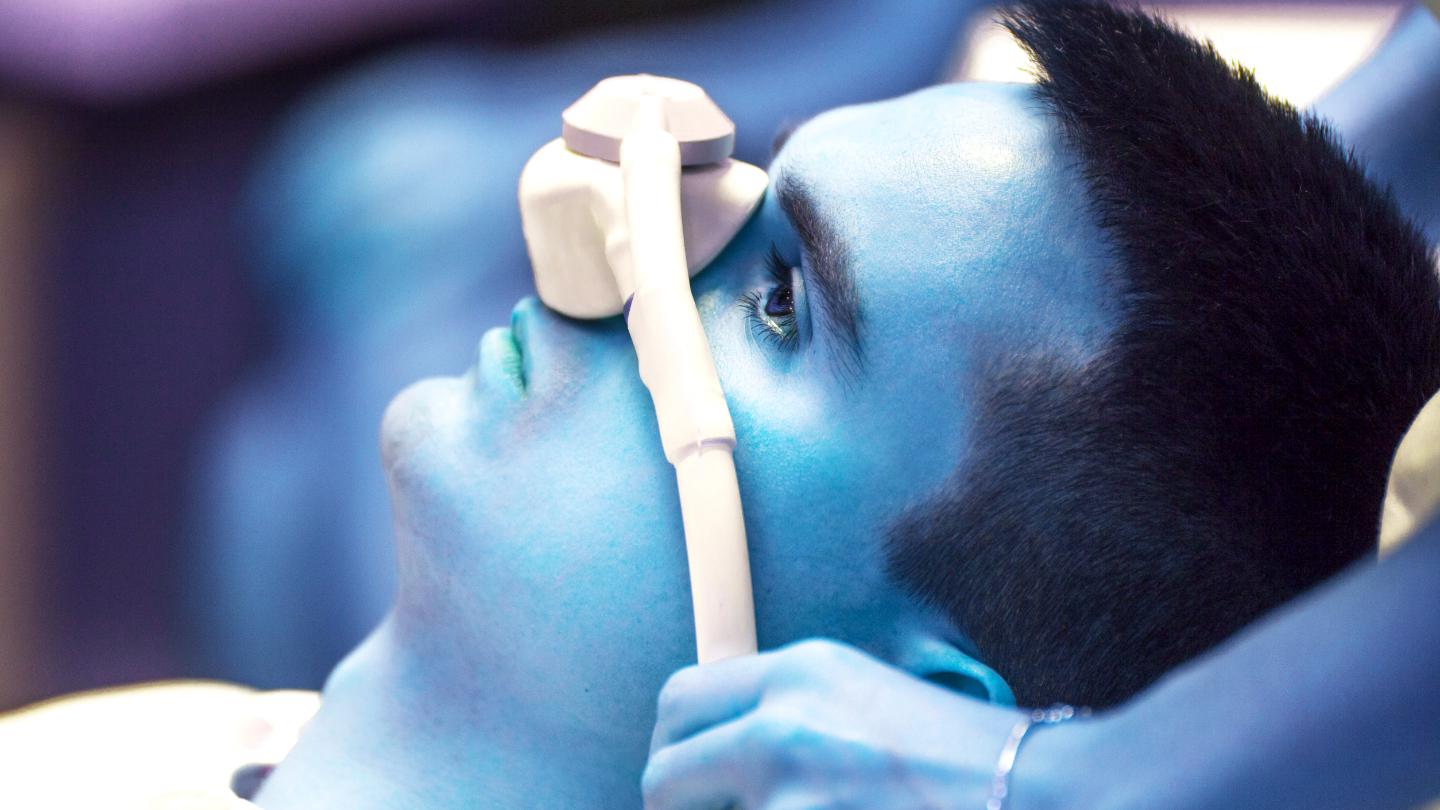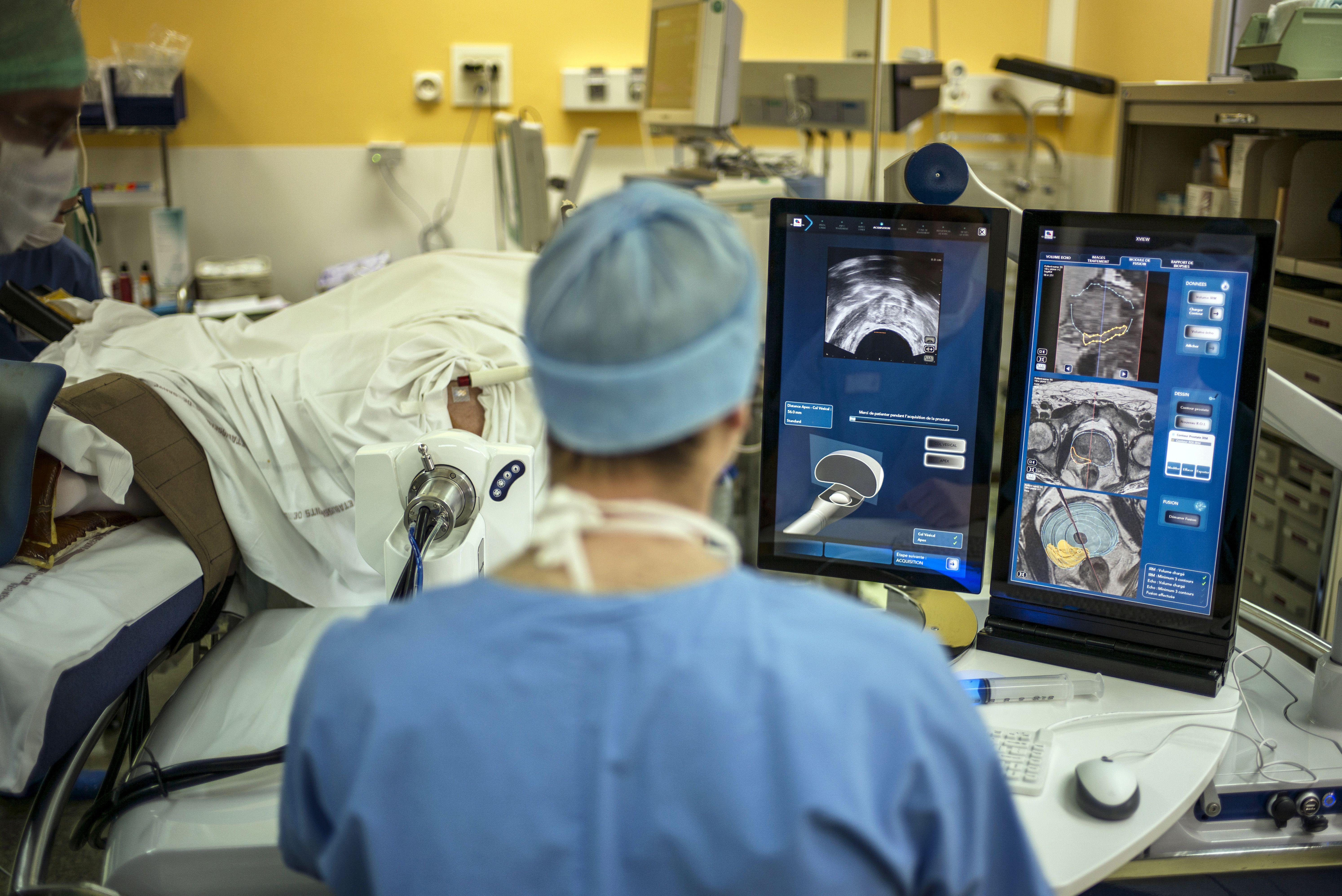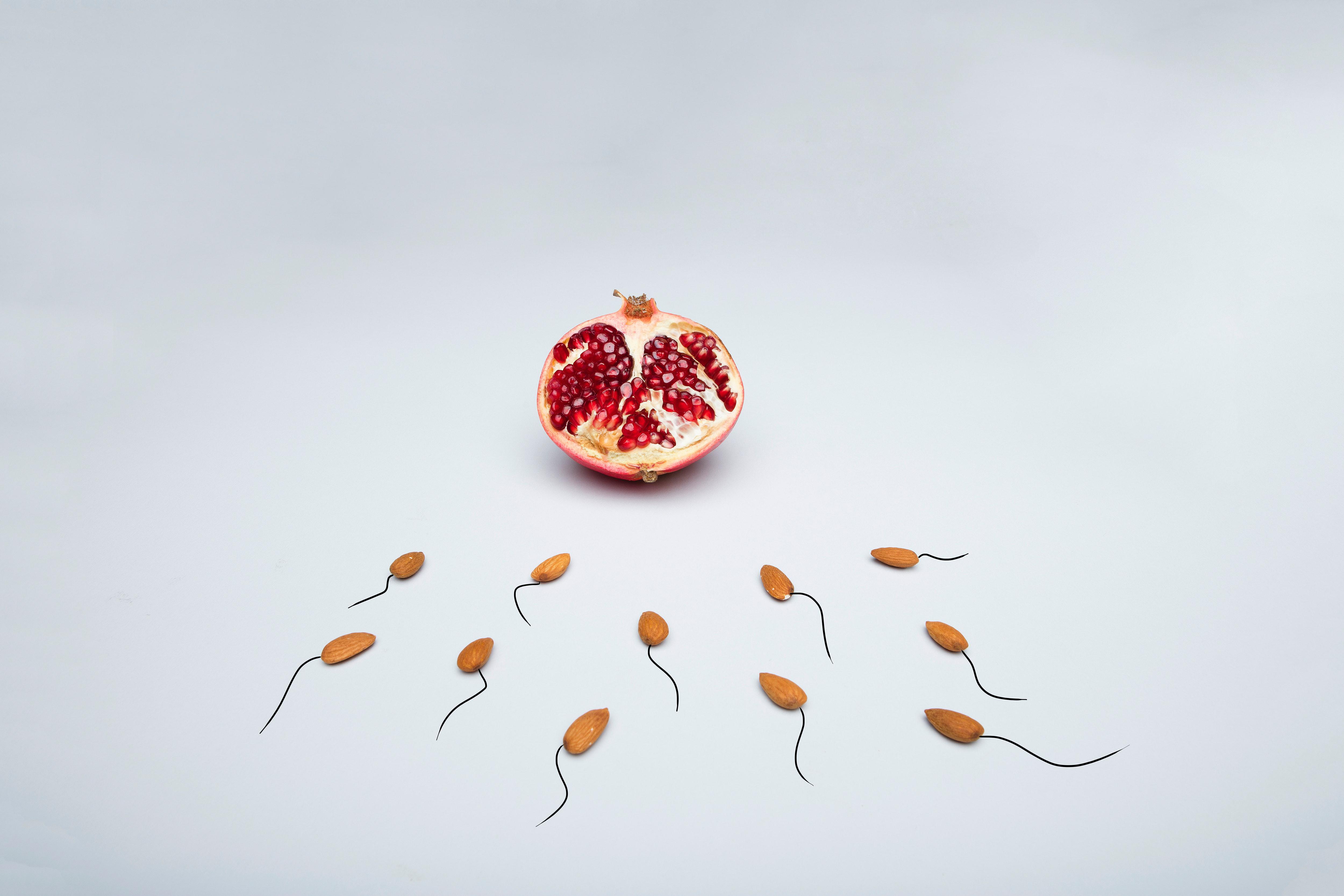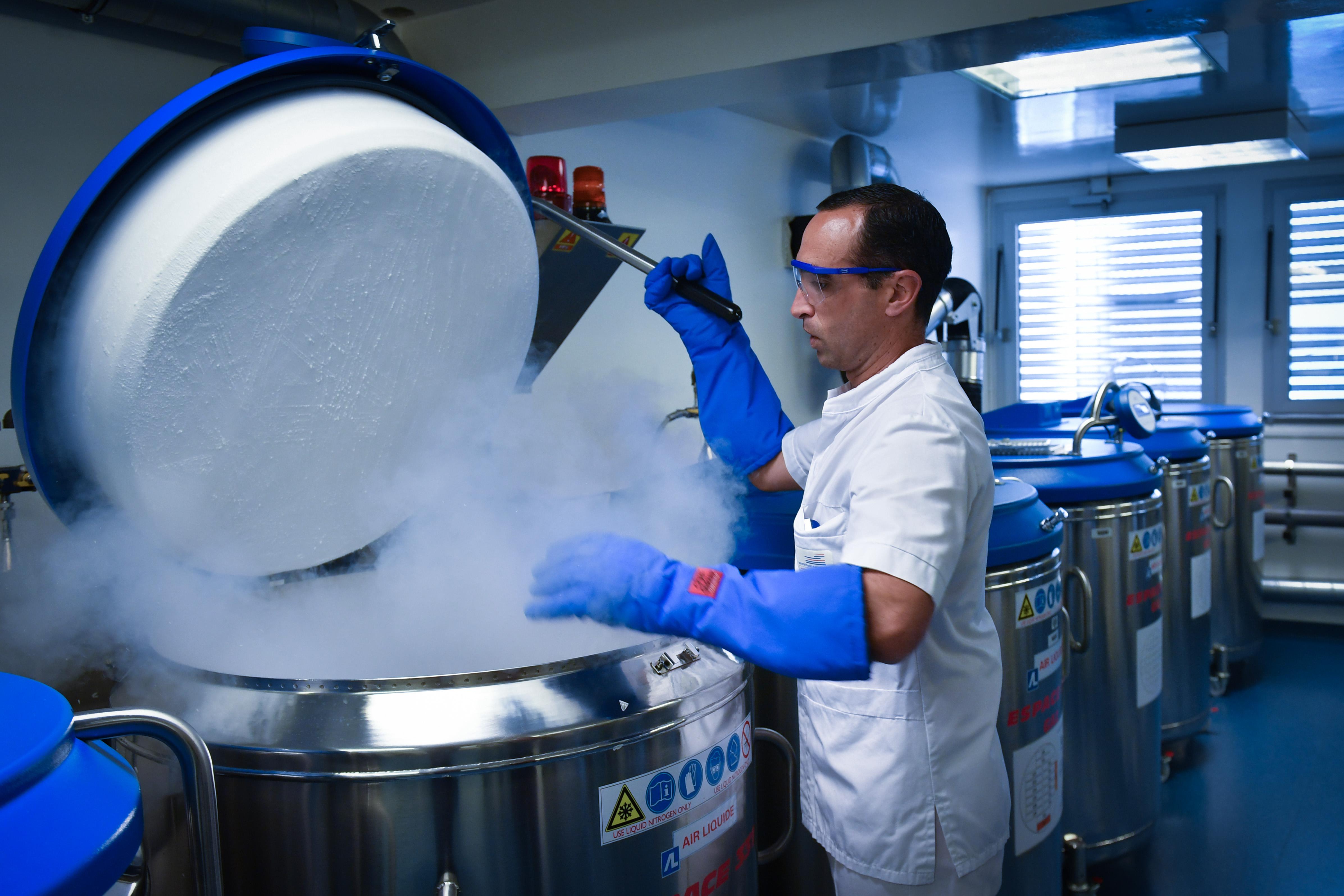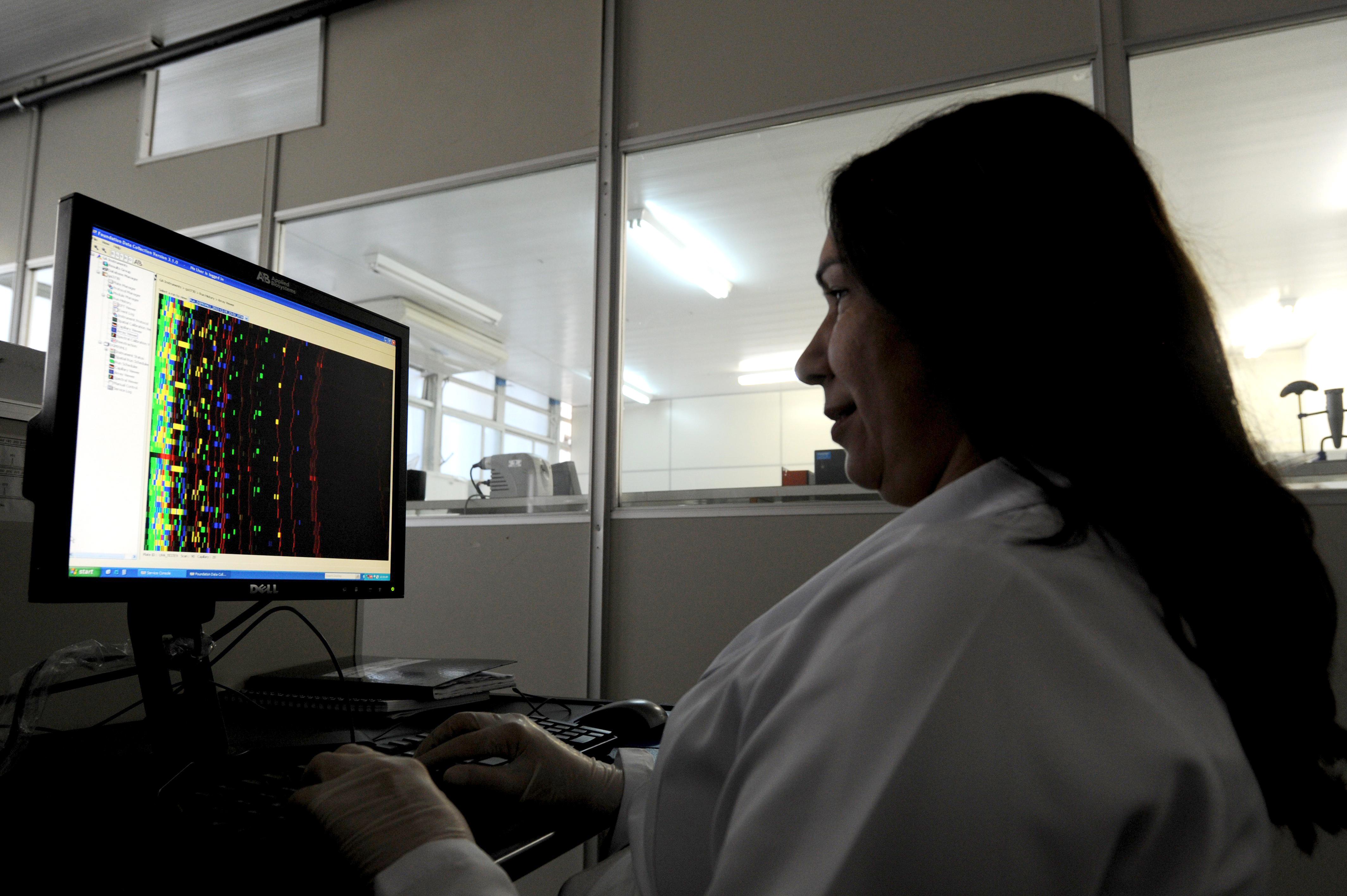medicine
A new device cured the hiccups 92 percent of the time in a recent study involving more than 200 participants.
It could lead to a massive uptake in those previously hesitant.
Laughing gas may be far more effective for some than antidepressants.
Dealing with rudeness can nudge you toward cognitive errors.
The Black Death wasn’t the only plague in the 1300s.
As the American population grows, fewer people will die of cancer.
A new study suggests that reports of the impending infertility of the human male are greatly exaggerated.
An early feasibility study finds a potential new treatment for Alzheimer’s disease.
Engineered immune cells have prevented Type 1 diabetes in mice.
Many thousands of different genetic variants are responsible for complex behavior.
This discovery could lead to better treatments for PTSD, borderline personality disorder, and epilepsy.
Hippocrates overturned conventional wisdom and invented modern medicine.
The treatment is here, but are we ready?
The tiny swimmers appear to transmit signals that “persuade” the female body to have a baby.
A lithium imbalance appears linked to suicide.
Neuroscience explains terrifying ordeals, from out-of-body experiences to alien abductions.
Scientists successfully trained people to use robotic extra thumbs, suggesting body augmentation could revolutionize future humans.
Science journals may be lowering their standards to publish studies with eye-grabbing — but probably incorrect — results.
A “seafood mafia” is plying the waters between India and Sri Lanka to satisfy China’s appetite for an increasingly rare delicacy.
Can the main psychoactive ingredient of magic mushrooms help treat the world’s sixth most debilitating illness?
Like autism, ADHD lies on a spectrum, and some children should not be treated.
Want to live 100+ years? You may need unusually good DNA repair.
This spring, a U.S. and Chinese team announced that it had successfully grown, for the first time, embryos that included both human and monkey cells.
New research suggests that there is no “typical” form of Alzheimer’s disease, as the condition can manifest in at least four different ways.
New machine-learning algorithms from Columbia University detect cognitive impairment in older drivers.
In the near-term, gene editing is not likely to be useful. Even in the long-term, it may not be very practical.
For every good idea in evolution, there is an unintended consequence. Disease is often one of them.
Healthy people need healthy microbiomes from an early age.
A lab identifies which genes are linked to abnormal repetitive behaviors found in addiction and schizophrenia.

